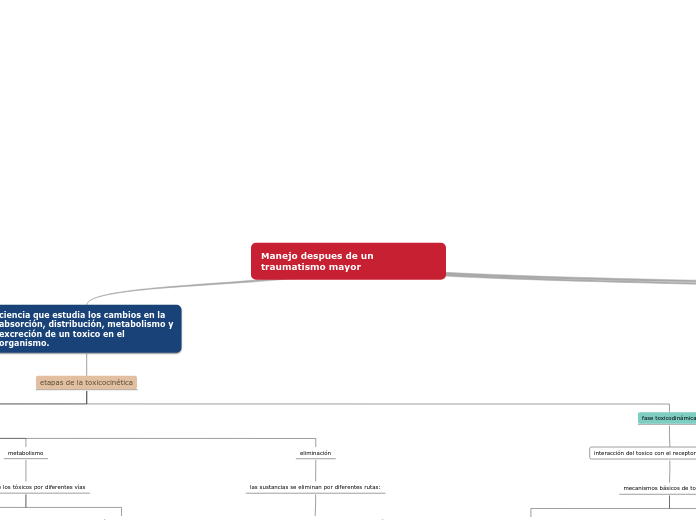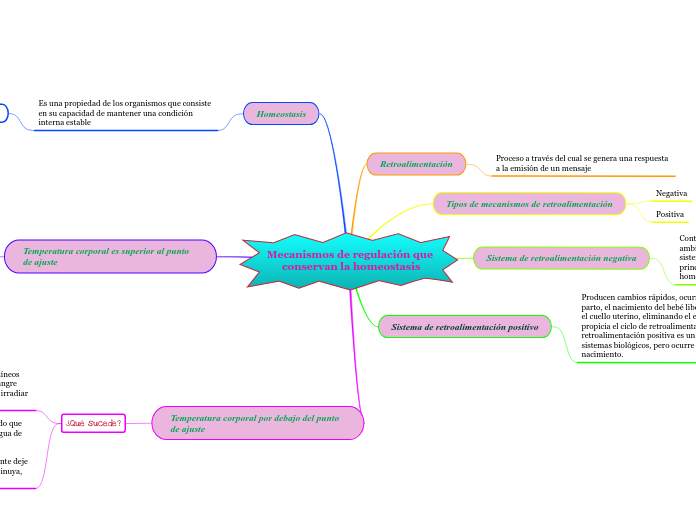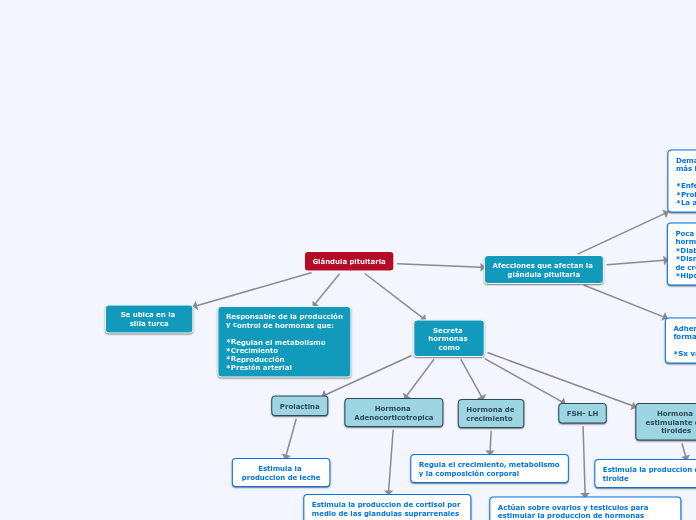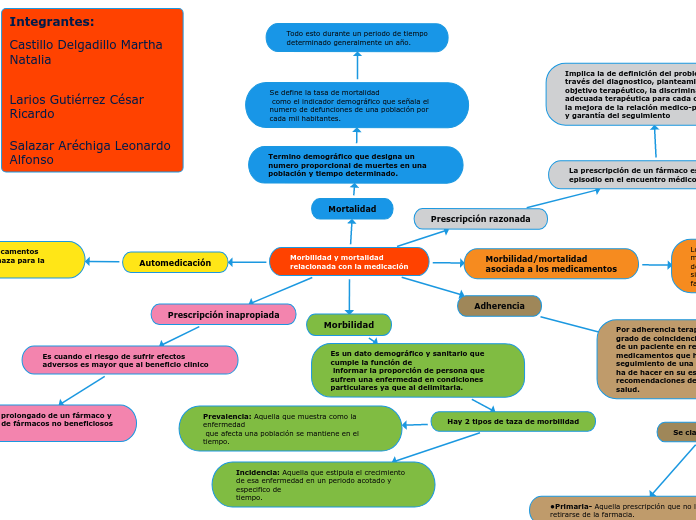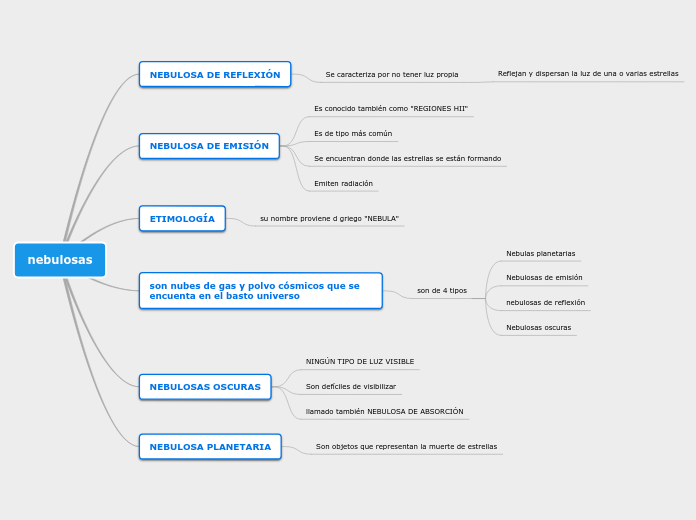Bibliografia: Cordoba, D.(2006). toxicologia. recuperado de: documento PDF. Guerrero, A. (2020). toxicocinetica. recuperado de: documento PDF.
Oncosis: edematizacion, formación de vesículas y estallido celular. muerte toxica. Apoptosis: recambio celular fisiológico, eliminación células dañadas. se conserva la estructura y acomodo celular.
Manejo despues de un traumatismo mayor
Type in the name of the multiple-perspectives text.
Example: Bridge to Terabithia by Katherine Paterson
Issue
Angle No.4
Decide on the fourth point of view
Type in the name of the last character whose perspective on the issue you are going to present.
Example: Leslie Burke, Jesse's new next-door neighbor, and best friend.
Point of view
Type in a relevant quote that highlights the character's point of view. Try to follow a citation format: author's name, chapter, and page.
Example: I can't get the poetry of the trees,' he said. She nodded. Don't worry,' she said. You will someday. He believed her.' (Paterson, 4. 24)
How is the viewpoint introduced in the story?
Choose an answer:
First person point of view - using the personal pronouns 'I' or 'we'Second person point of view - using the personal pronoun 'you'Third person point of view - using the third-person pronouns 'he', 'she' and 'they'Omniscient point of view - an all-seeing observer tells the story
Angle No.3
Angle No.2
Decide on the second point of view
Name the character (it can either be the main character or one of the supporting characters) whose point of view you are presenting.
Example: Miss Edmunds, Jesse's music teacher.
Type in a quote that points out the character's position about the issue.
Try to follow a citation format: author's name, chapter, and page.
Example: 'She said he was unusually talented, and she hoped he wouldn't let anything discourage him.' (Paterson, 2. 8)
How is the viewpoint introduced in the story?
Choose an answer:
First person point of viewSecond person point of viewThird person point of viewOmniscient point of view
Angle No.1
Decide on the first point of view you are going to present.
Type in the name of the character (it can either be the main character or one of the supporting characters) whose point of view belongs to.
Example: Jesse Oliver Aarons, Jr., the main character of the novel, a fifth-grader living in a rural Southern area.
Point of view
Type in a relevant quote that highlights the character's point of view towards
Issue.
Try following a citation format: author's name, chapter, and page.
Example: 'Jesse drew the way some people drank whiskey. (...) Lord, he loved to draw. (...) When he was in first grade, he told his father that he wanted to be an artist when he grew up.' (Paterson, 2. 7)
Type of narration
What type of narration introduces the viewpoint?
Choose an answer:
First person point of view - using the personal pronouns 'I' or 'we'Second person point of view - using the personal pronoun 'you'Third person point of view - using the third-person pronouns 'he', 'she' and 'they'Omniscient point of view - an all-seeing observer tells the story
ciencia que estudia los cambios en la absorción, distribución, metabolismo y excreción de un toxico en el organismo.
Identify an important issue from the text that is being presented from different angles. Type it in.
Example: Jesse's drawing talent.
etapas de la toxicocinética
Whose character does the third point of view belong to?
Type in his/her name.
Example: Mr. Aarons, Jesse's father.
fase toxicodinámica
interacción del toxico con el receptor del tejido blanco.
mecanismos básicos de toxicidad
función celular
alteración en la reproducción celular
modificación de la permeabilidad de la membrana
estructura celular
daños en órganos
lesiones en membrana celular
muerte celular
fase toxicocinética
eliminación
las sustancias se eliminan por diferentes rutas:
orina, bilis, aire respirado, sudor, saliva, leche y secreción gastrointestinal.
metabolismo
absorción de los tóxicos por diferentes vías
vía respiratoria
absorción fundamental mente en el alveolo por difusión pasiva.
ventilación pulmonar, difusión del disolvente a través de la membrana alveolo capilar, circulación de la sangre por los pulmones y otros órganos, solubilidad del disolvente en sangre, difusión del disolvente a través dé las membranas tisulares y solubilidad del disolvente en tejidos.
los compuestos que llegan al alveolo se pueden absorber por tres vías:
1.- se disuelven en la capa fluida producida por la secreción alveolar y sigue después una difusión pasiva. 2.- difusión por fagocitosis, por macrófagos y mononucleares. 3.- difusión por vía linfática.
via digestiva
vía de absorción muy frecuente, vía de absorción de los contaminantes ambientales alimentos, agua y suelo.
- tubo digestivo membrana biológica - accesible a las sustancias liposolubles, serán estas las que se absorban por esta vía. - mucosa oral absorben tóxicos de difusión pasiva. - estomago e intestino delgado: difusion pasiva
distribucion
tamaño de la molécula, liposolubilidad, grado de ionización y pH del medio
sustancias liposolubles se absorben mas fácil que las hidrosolubles. sustancias no ionizadas atraviesan membranas mas rápido que las ionizadas. moléculas pequeñas tienden a pasar las membranas celulares mas rápidamente.
absorción
ingreso de una sustancia a la circulación atravesando de las membranas biológicas.
cutánea, gastrointestinal, alveolar y vascular
fase de exposición
What does the character think, say or do that suggests their perspective on the issue?
Type in a quote and try to maintain the citation format.
Example: 'He would like to show his drawings to his dad, but he didn't dare. (...) He'd thought his dad would be pleased. He wasn't. What are they teaching in that damn school? he had asked.' (Paterson, 2.8)
cuando el toxico se encuentra en la vecindad inmediata de las vías de ingreso al medio interno del organismo
What kind of narration introduces the viewpoint?
Choose an answer:
First person point of view - using the personal pronouns 'I' or 'we'Second person point of view - using the personal pronoun 'you'Third person point of view - using the third-person pronouns 'he', 'she' and 'they'Omniscient point of view - an all-seeing observer tells the story
vias respiratorias (inhalacion), tegumentaria (la piel y mucosas), y via gastrointestinal
